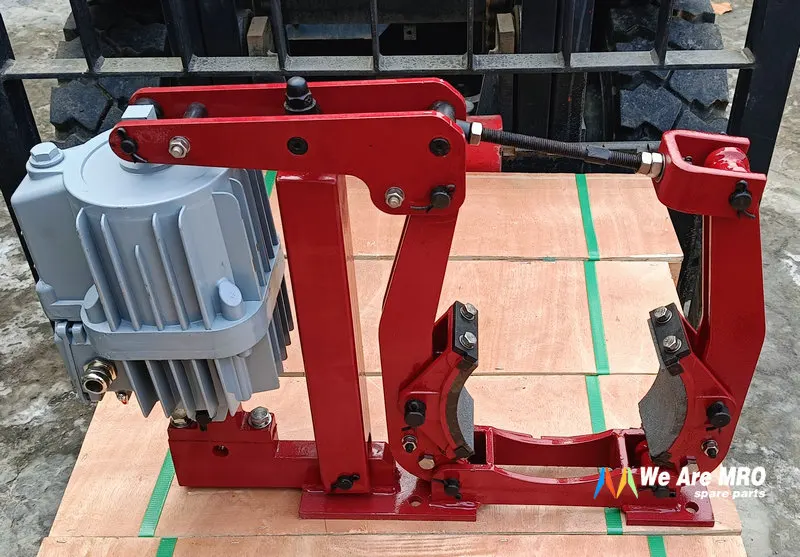Why does our European market door-to-door service not accept DDP?
Since 2019, in terms of customs clearance and delivery in the EU region, there have been numerous difficulties in customs clearance under the DDP terms, and ultimately, only by changing the terms can customs clearance be successfully completed. We only accept DDU terms in the European region.
DDP: Delivery after tax payment at the destination port; Delivery after tax payment refers to the seller completing import customs clearance procedures at the designated destination and delivering the goods that have not yet been unloaded from the delivery transportation vehicle to the buyer.
DDU: Delivered Duty Unpaid at Destination Port; Unpaid tax delivery refers to the seller handing over the goods to the buyer for disposal at the designated destination, without handling import procedures, and without unloading the goods from the delivery vehicle, thus completing the delivery. The seller shall bear all risks and costs of transporting the goods to the designated destination, excluding any "taxes" that should be paid when importing in the destination country when customs procedures are required (including the responsibility and risks of handling customs procedures, as well as paying handling fees, tariffs, taxes, and other fees). The buyer must bear this "tax" and any costs and risks arising from their failure to timely import customs clearance procedures for the goods.
The buyer and seller have signed a contract under the DDP trade term. Under normal circumstances, the seller is responsible for import customs clearance, payment of tariffs and value-added tax, and ultimately the value-added tax needs to be returned to China.
When the goods arrive in the European region and require customs clearance and delivery, the consignee refuses to provide their company's EORI and VAT, and refuses to provide a customs authorization letter, citing that the shipper is fully responsible for customs clearance and taxes under the DDP terms. Even if the shipper expresses and promises to bear the relevant customs clearance fees and taxes, the buyer still refuses to authorize the customs company.
Without modifying the DDP terms, as the seller is a Chinese enterprise, they are unable to provide EORI and VAT recognized by European customs, nor can they clear customs in their own name. In other words, the seller is unable to provide information on the "consignee" with import qualifications, and cannot smoothly handle import clearance procedures, resulting in a deadlock in the customs clearance process.
The second question is that in the case of DDP, the Chinese seller is unable to provide EORI and VAT, and can only entrust a third-party European freight company to provide their EORI and VAT, completing customs clearance. In this case, it is not possible to provide the recipient with a tax payment certificate. Because the taxpayer is not the consignee. Therefore, under EU regulations, the recipient is also unable to obtain a tax payment certificate.
So, in order to avoid being unable to receive the goods, we have stopped DDP services in the EU region.
Henan Hiya Mechanical Equipment Co., Ltd.
2024


